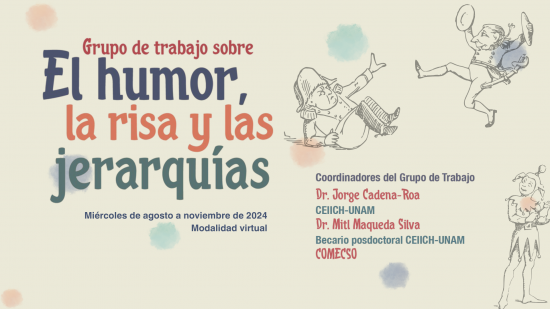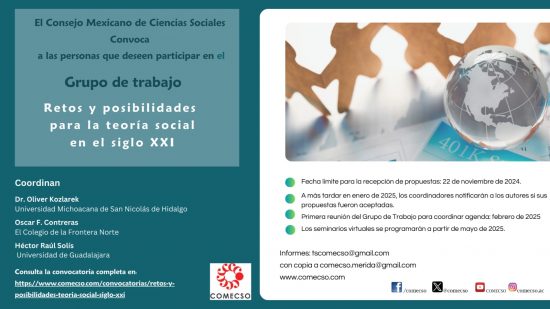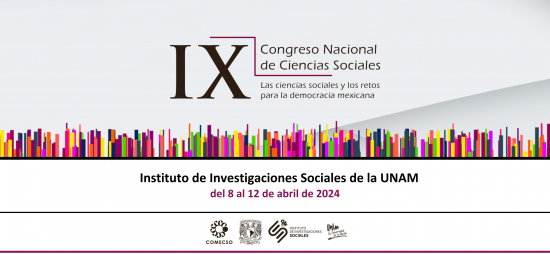Ecology of social movements
Ecology of social movements (week-long version)
4 to 11 de april 2020
A space to think critically, to ask challenging and transformative questions, and find deeper inspiration and understanding to empower social change
This is a one-week version of our Ecology of Social Movement training for experienced activists and organisers involved in movement level thinking and practice from across Europe. It is an opportunity to inquire deeply into how our organisations and networks relate to the wider ecology of activism within our movements – and how these movements relate to wider struggles in the ever changing cultural, socio-political and ecological context. Participants will engage in deep analysis of their own movement practice and ecology. They will gain skills and understanding to make their activism and organising more powerful and transformative.
We’re living at a historical point of disruption which contains both great peril and promise. The stalled engine of neoliberal growth, bankrupted political leadership, an increasing sense of distributive injustice, and the fierce urgency of the ecological now are the cracks out of which something new can emerge. This training aims to help us understand the opportunities and threats of this crucial moment and to empower our efforts to contest our future.
We’ll explore the life cycle of social movements and seek to learn from social movement history. We’ll survey theories of social change, identifying tensions and complementarities. We will increase our skills in strategising, planning and working for change in the complex ecologies and systems of movements and societies. And we will ask how big picture thinking can inspire and empower our work together.
The course blends a participatory inquiry methodology with the Ulex team’s framework for strategic analysis and deeper political reflection. Participants will engage in deep analysis of their own movement practice and ecology. The training will support the development of creative and strategic responses for radical social change.
This course involves deep and critical thinking, so participants should:
- Have significant history of social movement engagement and experience to bring
- Be embedded in organisation/s or networks that can benefit from thinking strategically about their place in social movements
- Be well placed to bring new strategic thinking back to their group or organisation
We will select participants to bring together a range of people from diverse movements and across Europe to share and learn from each other – and we will also draw in presentations and seminar contributions virtually.
We will explore:
- How different social engagement practices intersect with each other
- How to increase the collective impact of our work
- How to build campaigns, organisations and movements geared towards systemic change
- How to build alliances and transversal strategies and increase our collective impact
- How to create strategic approaches that are responsive, dynamic and systems intelligent
Key areas of study and reflection include:
Theories of Social Change
- Exploring a wide spectrum of theories of change (influencing elites, points of disruption, exodus and alternatives, cultural change and public attitudes, organising vs mobilising, disrupting hegemony, beyond patriarchy/intersectional approach to power etc)
- Investigating historical precedents and identifying where different political approaches have been effective or ineffective.
- Lessons from historic social movements & some theoretical analysis (touching on systems change, transformational shifts of power, and public perception)
- Studying practical contemporary examples (organisations & movements) and examining strengths and weaknesses
- Emergent understanding: How does contemporary systems thinking and complexity relate to theories of social change?
Movement Seasons and Cycles
- Reflecting on the ebb and flow of movement life-cycles- recognising phases of preparation, engagement and regrouping
- Mapping the range of actors and their roles, as well as their spheres and phases of influence
- Recognising the importance of balance for movement care and self-care
Movement Ecosystems
- How do different approaches condition each other?
- What are the contradictions and tensions?
- How can different methods and efforts fit & how can they be complementary?
Planning and Strategising
- Developing long term strategy – scaling differentials between 5 to 20 year frames
- Context and stakeholder analysis
- Collaborative and expanded visioning
- Creating agile frameworks that adapt and respond to feedback
- Applying Action-Reflection Methodologies with seasonal rhythms
We won’t just explore theories. We will also ask what we do with them – personally and collectively. Do we use them or do they determine us? We can become entrenched in our political views. We can hold models of change unconsciously and they can be hard to examine. History suggests that none of our theories of social change encompass the whole story. And yet we can find our strategies and approaches welded tightly to one fixed position or another. Our approach can become entrenched and unresponsive.
This course will help us to think afresh and to gain perspective. We will explore the formation of political identities – exploring how they serve us and how they hinder us. We will ask: How can we learn to strategise in a way that acknowledges the partial and provisional nature of our views and analysis? How can we develop a strategic approach that is responsive and in which on-going learning remains integral? How can we construct political identities that are genuinely empowering? And how can we develop campaigns, organisations and movements with significant impact for systemic change?
Preparation and follow up
The course will be designed to incorporate some preparatory reading and reflection, as well as some participation in a forum with co-participants. Similarly follow up process will help us to continue to share our learning with each other as we carry our learning back into our day to day work.
Note: This event will take place at the Abella site of our partner centre, close to the Ulex project.
More information>>
Te puede interesar

Publicaciones del COMECSO
comecso - Dic 04, 2024Este espacio reúne la gran mayoría de la producción editorial de nuestra asociación. A lo largo de casi cinco décadas,…
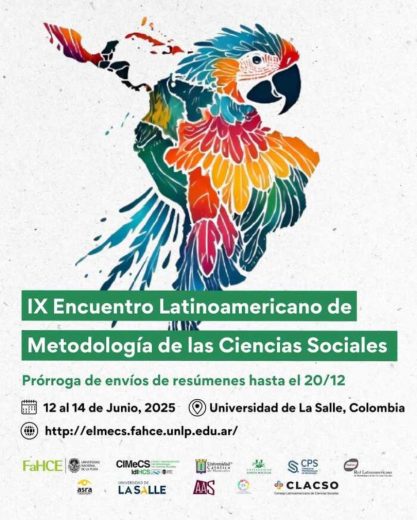
IX Encuentro Latinoamericano de Metodología de las Ciencias Sociales
Laura Gutiérrez - Dic 11, 2024IX Encuentro Latinoamericano de Metodología de las Ciencias Sociales Indisciplinar las ciencias sociales. Transformaciones y resistencias en las fronteras metodológicas…
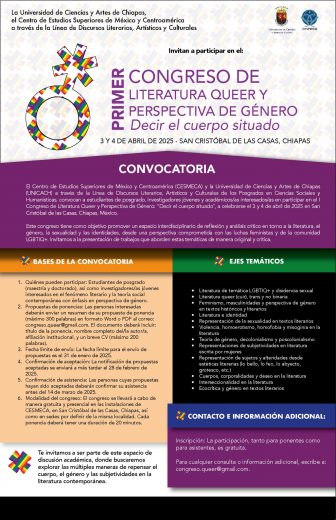
Primer Congreso de Literatura Queer y Perspectivas de Género: “Decir el cuerpo situado”
Laura Gutiérrez - Dic 11, 2024La Universidad de Ciencias y Artes de Chiapas, el Centro de Estudios Superiores de México y Centroamérica a través de…

Postdoctoral Research Fellowships
Laura Gutiérrez - Dic 11, 2024University of California Alianza MX Postdoctoral Research Fellowships 2025 Pilot Program Deadline: March 31, 2025 The University of California Alianza…



